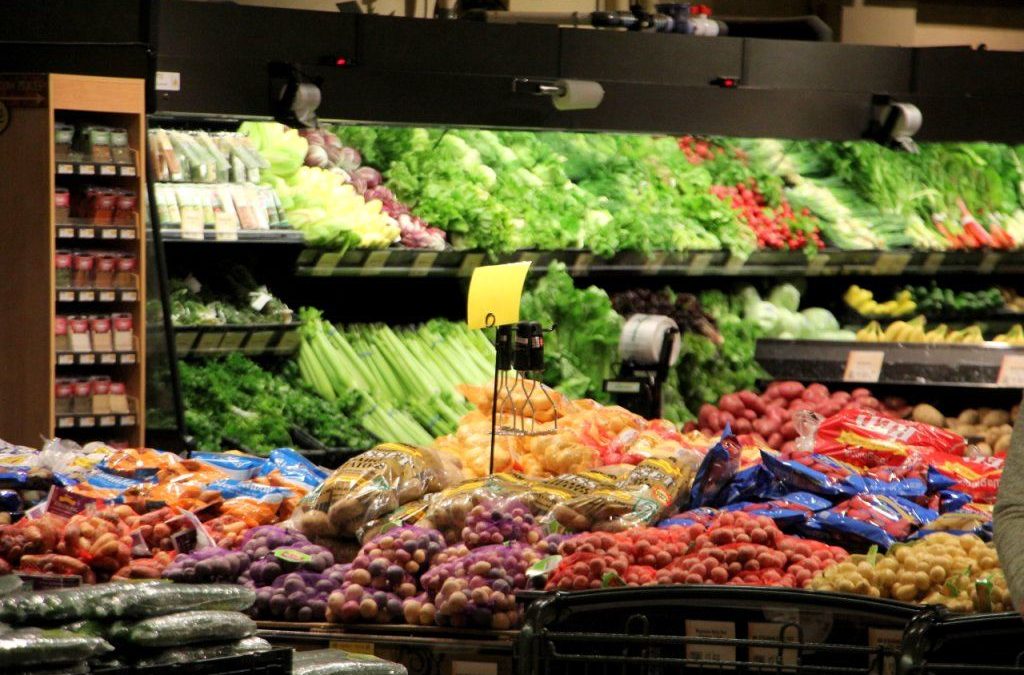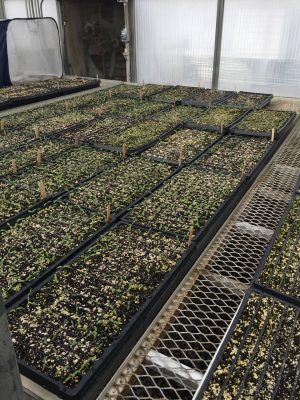By: Alex Washesky, junior, Agribusiness Management
Today, we live in a day and age where we don’t really think much about where the food that we eat comes from. Food is in abundance in all of our stores, it’s given away for free at events, it gets thrown away in staggering quantities, and assuming that you’re not from a low-income community, food is relatively affordable. While most of us might take what we eat for granted, the fact of the matter is that we wouldn’t be able to last for more than a few weeks without this valuable commodity. More than ever today, there is a huge disconnect between the producers, who grow and/or raise what we eat, and the end consumers. We can easily just walk into a grocery store, find something that looks good, and eat it at home later—assuming that we don’t end up throwing it away first. As consumers, we don’t get to see the processes that go into food production, and it can be difficult for us to realize just how many inputs go into just one item of food that we consume. Not only do we not see the time and resources that go into food production, but we also don’t directly witness the environmental consequences caused by unsustainable agricultural practices.
As an intern for the Student Farm, I have gained much insight into the food production industry in just the few months that I have spent working on the farm. To me, buying a bag of carrots at a store is no longer just as simple as putting them in a basket and paying at the cash register. Now, I really ask myself about every step of the process that got those carrots from some farm that I’ve never heard of to the vegetable section of a grocery store: when did the farmer start seeding those carrot plants? How did they manage keep the weeds and pests at bay? Were they grown organically? Were they grown locally? When and how did they harvest them? How were they transported? How long were they stored?
Having witnessed many of these processes firsthand, it is near impossible for me to look at a piece of produce, or any other food for that matter, and not wonder how much time, resources, and effort was put into raising it. I genuinely hope that more people will start thinking more about where their food comes from, just as I have, in order to facilitate making more informed food choices in the future. Although I have only spent a relatively short amount of time with the Student Farm, I feel as though I have already learned so much, and I look forward to learning much more in the months to come.



